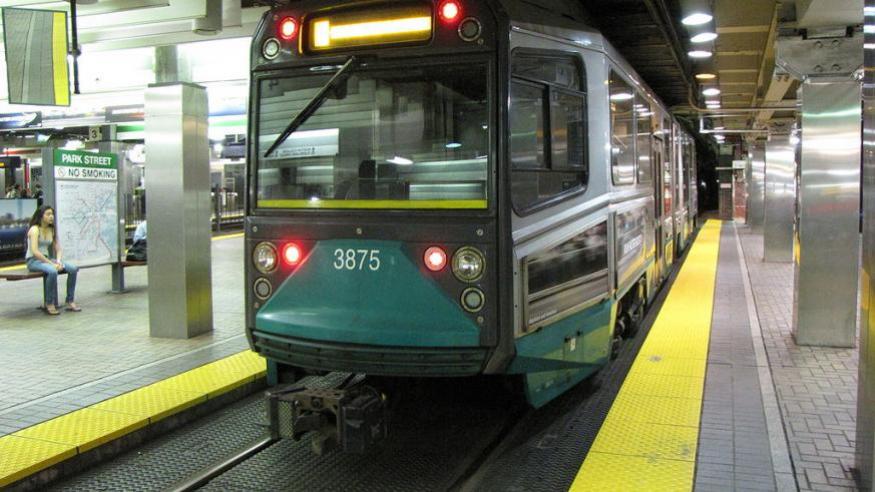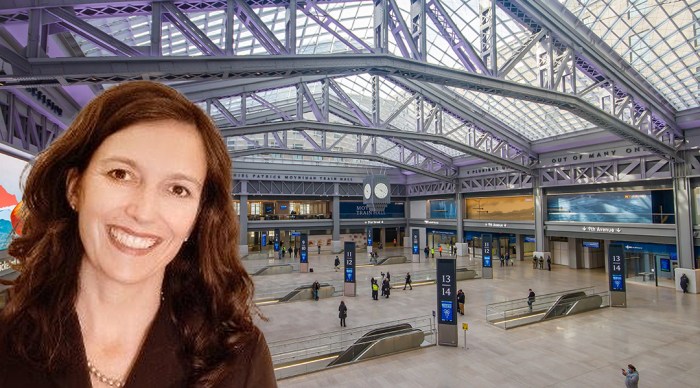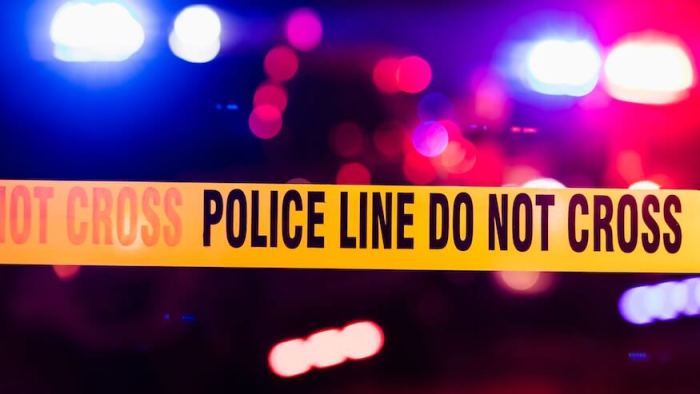The MBTA’s fare hikes take effect Monday, despite calls from riders and public officials like Boston Mayor Marty Walsh to delay them.
Fares will rise nearly 6 percent, on average. A one-way subway ride using a CharlieCard is increasing to $2.40 from $2.25. Monthly subway passes will cost an additional $5.50.
One-way commuter rail trips will cost as much as 75 cents more, while some monthly passes are increasing by up to $27.75.
Local bus fares will stay the same: $1.70 with a Charlie Card and $2 for cash payments. Reduced fares for senior citizens and students remain in effect throughout the system.
Walsh initially supported the fare hikes but reversed course last month. He called on the T to postpone them until the agency fixes the issues that caused the recent derailment of a Red Line train and subsequent commuting delays. “There should be no fare increase until the Red Line is fixed,” Walsh tweeted on June 17. “The @MBTA must act with urgency and it’s unfair to ask riders to pay more until the Red Line is fully operational.”
A campaign against the fare hikes was joined by Boston City Councilor Michele Wu, who has advocated for MBTA to be fare-free. A change.org petition to call off the increases had attracted nearly 9,000 signatures by Monday.
“I think the requests to delay the fare increases are just an expression of frustration in the wake of the derailment,” Transportation Secretary Stephanie Pollack told the State House News Service on June 18. “I am totally sympathetic to that level of frustration. I just think the fare increase is the wrong target for that frustration.”
The T is expected to take in an additional $30 million from the fare hikes. The agency last raised fares in July 2016 and is prohibited by state law from raising them again until July 2021.
Investigations continue into the June 9 Red Line derailment, the MBTA’s fourth this year and the second to happen within four days. In the early-morning hours, an MBTA car went off the tracks as it approached JFK/UMass, traveled nearly 1,800 feet and collided with a shack that held signal equipment, causing serious damage to the signaling infrastructure, injuring 11 people and snarling commutes.
T officials have said that an outside investigator’s report on that incident, and other derailments in the last two years, would be publicly available by September.
A Boston Globe analysis of federal records found that Boston had the second-highest total of metro transit derailments in the country, with 43 reported between 2014 and 2018. Only New Orleans logged more, with 72.
















